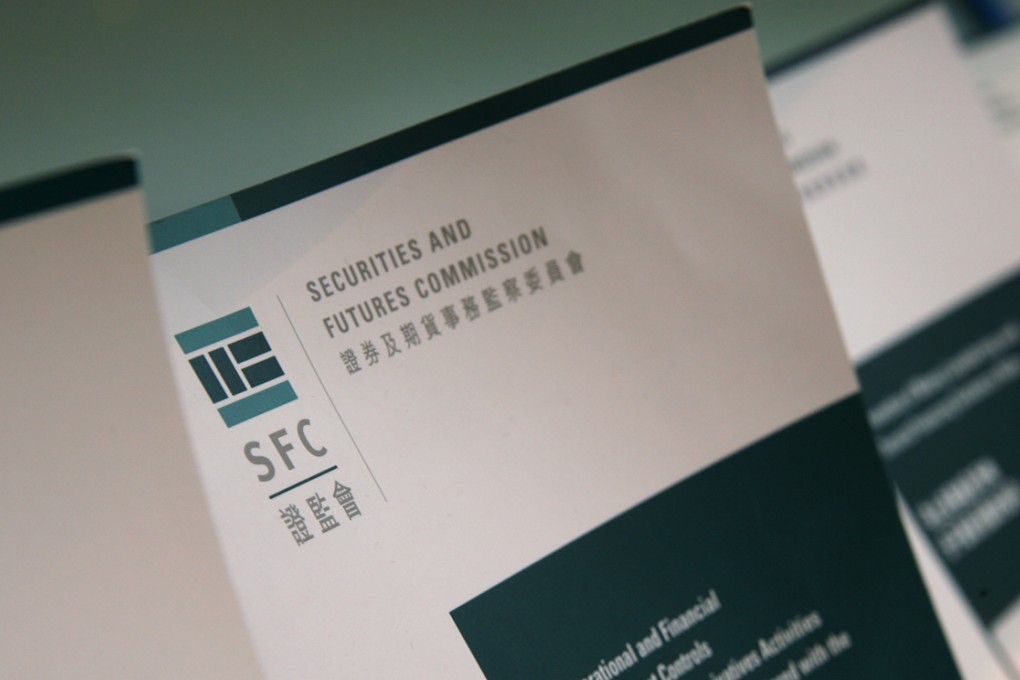Hong Kong regulators to use existing rules to combat rogue sponsors
The Securities and Futures Commission will use criminal liability provisions against fraudulent sponsors of initial public offerings

The Securities and Futures Commission will use criminal liability provisions against fraudulent sponsors of initial public offerings, after a slew of profit warnings from newly listed companies and one scandal in which a top executive disappeared shortly after his company listed on the exchange.

But the SFC also noted it would have "no hesitation" in using criminal liability provisions against anyone who authorised a listing prospectus containing false information.
Under the new rules issued in October last year, a sponsor must be appointed at least two months before an application is made.
It also requires sponsors to notify regulators of any instances of non-compliance and give reasons if and when they cease to act for a listing applicant.
Yesterday's supplementary conclusion follows a spate of poor performance at newly listed companies.